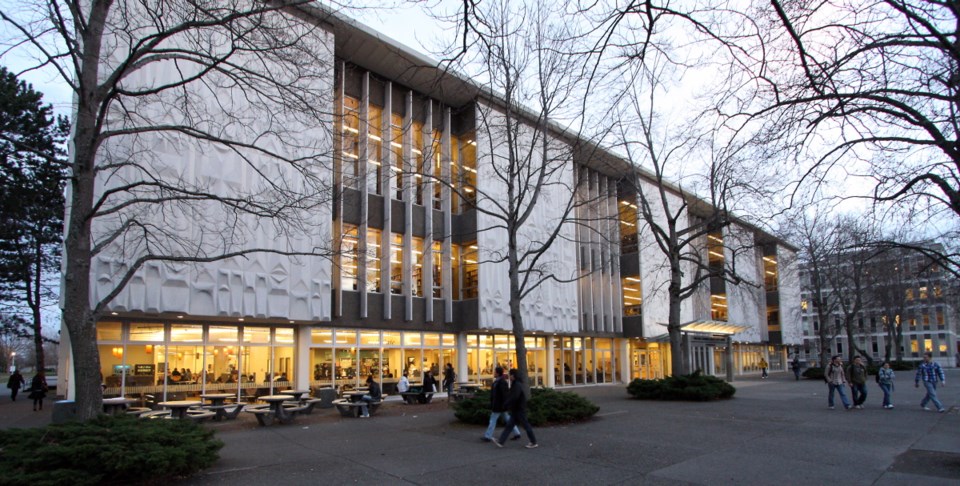University of Victoria faculty have voted strongly in favour of urging the university to divest itself of fossil-fuel holdings as part of an institutional commitment to battle climate change.
Lynne Marks, a history professor and president of the 860-member University of Victoria Faculty Association, said faculty voted 77 per cent in favour of fossil-fuel divestment. It’s a marked change from 2014, when a similar vote reached only 66 per cent in favour.
“We were pleased with that [77 per cent] result,” Marks said. “We have got a clear mandate if we want to provide support for divestment from fossil fuels at UVic.”
To prepare for the vote, Marks said, the faculty association organized a panel discussion last month on the issue of climate change with speakers from various sides. Information was also posted on the association’s website.
Gayle Gorrill, UVic vice-president of finance and operations, said the university shares community concerns about addressing the challenge of climate change and work on policy and action is now underway.
The university’s board of governors “agrees that climate change, caused by excessive anthropogenic [human-caused] greenhouse gases is a critical issue of our time,” Gorrill said in an emailed statement.
She said the board wants the university to use its short-term investments to address climate change and has asked administrators to come up with options to consider in January.
In the past, the university has said its endowment fund, a $430-million pool of donated money, is invested so interest and profits, about $15 million each year, can be used to pay for things such as scholarships and bursaries.
Of that endowment fund, about $20 million is invested in fossil-fuel companies at any time as a way to balance the various profit sources for the fund.
But James Rowe, an associate professor of environmental studies at UVic and member of a group called UVic Faculty for Divestment, said the university’s continued investment in fossil fuels amounts to hypocrisy.
The university proclaims itself committed to environmental sustainability and reconciliation with First Nations, but its money continues to buoy companies that are causing problems in both areas by emitting greenhouse gases and triggering climate change.
“It’s contradictory to have those values and at the same time to be investing in the very companies that are causing the climate-change crisis,” said Rowe.
He said UVic has already been overtaken by other universities, such as the University of British Columbia, when it comes to shedding itself of investments in fossil fuels.
“UVic has lost its chance to be a leader in this,” said Rowe.
“But now we have to follow.”



